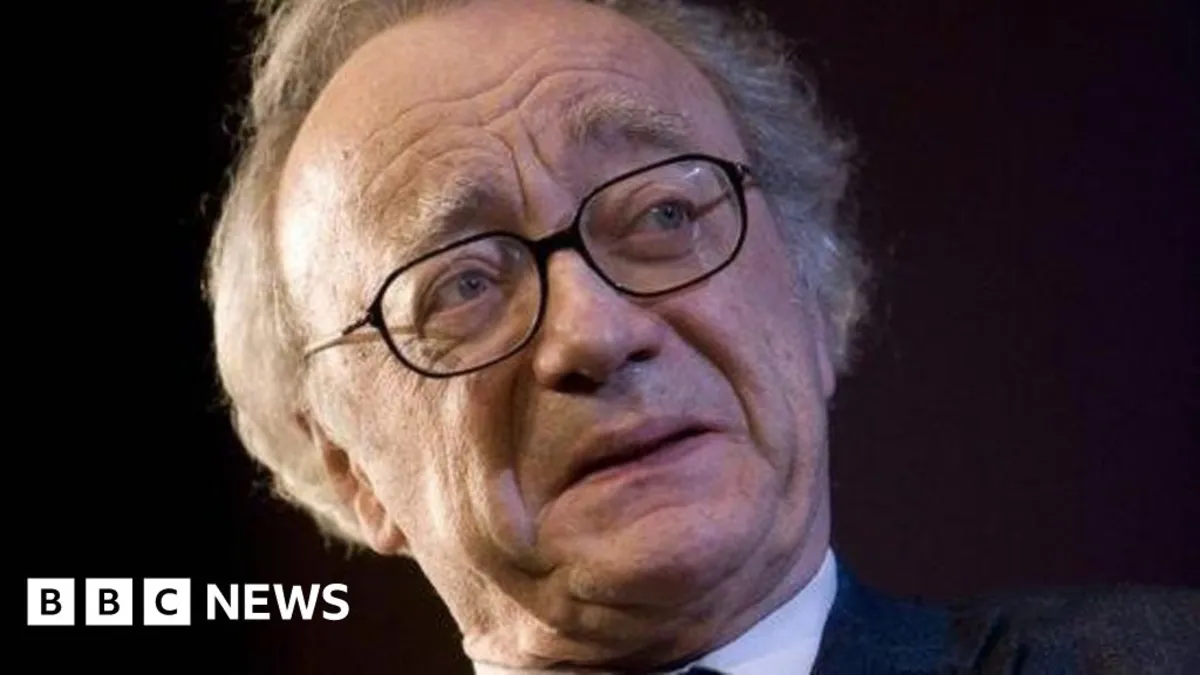
Alfred Brendel, regarded as one of the world's most accomplished pianists, has sadly passed away at the age of 94. His representatives confirmed that the esteemed composer and poet died peacefully in London, surrounded by his loved ones on Tuesday. Brendel was celebrated for his profound interpretations, particularly of the works of Beethoven, earning him a revered place in the classical music community.
A statement from Brendel's spokesman expressed that he would be cherished and celebrated with profound gratitude by his family, including his partner Maria Majno, his children Irene, Doris, Adrian, Sophie, and Katharina, as well as his four grandchildren. Beyond his musical prowess, Brendel was also known as a talented essayist and poet, often recognized for his irrepressible sense of humour.
Born on July 5, 1931, in Wiesenberg, northern Moravia (now part of the Czech Republic), Brendel’s early life was marked by the turmoil of war-torn Austria. Despite coming from a non-musical family and lacking initial talent, he took a pivotal step by pursuing piano lessons in Yugoslavia and later studying at the Graz Conservatory in Austria. His formative years included master classes with Edwin Fischer, a musician who left a lasting impact on Brendel's artistry, teaching him to play passionately while respecting classical traditions.
Remarkably, Brendel's formal training concluded at the age of 16. He believed that too much influence from a teacher could stifle creativity, stating, “A teacher can be too influential. Being self-taught, I learned to distrust anything I hadn't figured out myself.” This self-directed approach allowed him to explore the piano's potential independently.
Brendel made his public debut at Graz at just 17 years old in 1948 and won the prestigious Concorso Busoni prize in Italy the following year. Initially specializing in the works of Liszt, he later expanded his repertoire to include the music of various central European composers while deliberately avoiding modern compositions.
His decision to focus on classical music allowed him to develop a unique creative process and interpretative style. Brendel's illustrious career led him to concert stages worldwide, but he chose to settle in London in 1971. Over the years, he recorded Beethoven's Piano Concertos four times, with his final recording in 1999 featuring the Viennese Philharmonic Orchestra under the baton of Sir Simon Rattle, a frequent collaborator.
Despite being a latecomer to international acclaim, Brendel's talent became increasingly evident, especially after the age of 45. His playing was characterized by emotional intensity, combined with a deep understanding of the composers' intentions. Although back issues later affected his ability to perform demanding pieces, Brendel found joy in playing the less physically taxing works of composers like Bach and Schumann, continually returning to his beloved Beethoven.
Brendel's interests extended beyond music; he humorously noted his hobbies in Who’s Who as unintentional humour and collecting kitsch. His north London home was adorned with quirky pictures, ornaments, and even a skeletal hand that popped out of the grand piano when the lid was raised, surprising visitors.
His first book of essays, “Musical Thoughts and Afterthoughts,” published in 1976, showcased his reflections on music, blending personal insights with his extensive musical knowledge. Brendel leaves behind a legacy that transcends his outstanding performances, impacting both the classical music community and the broader cultural landscape.